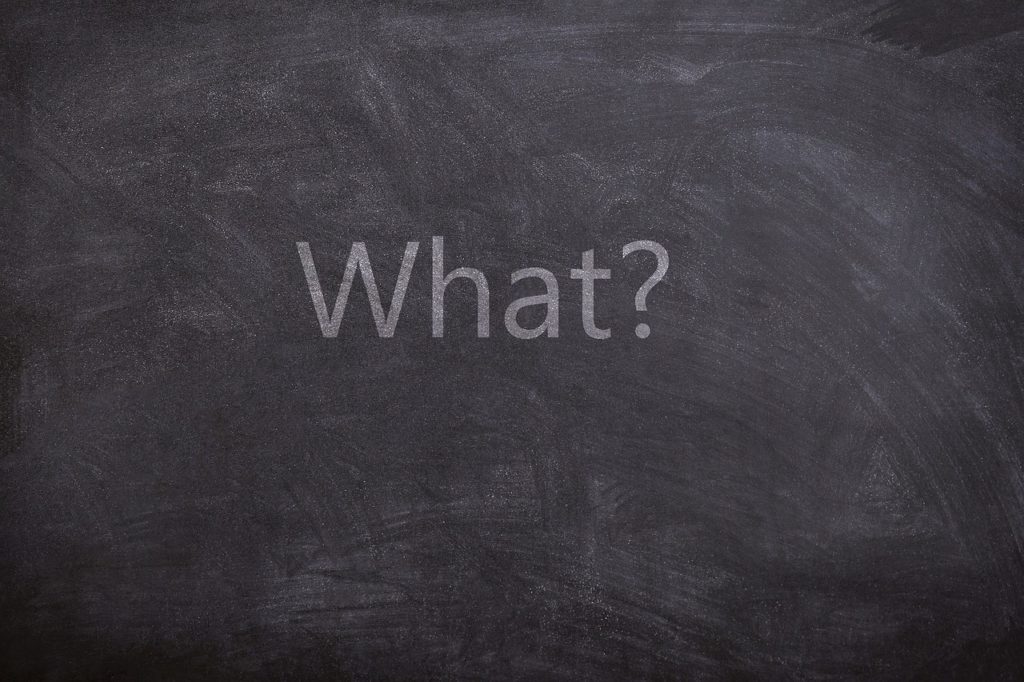Neologisms, 2020 Edition Posted by Gary Locke on Nov 25, 2020 in English Language, News
As we near the end of another year, dictionaries and language nerds seek out the words that have entered our lexicology – the part of linguistics that studies the formation of words. These are neologisms, words that have recently entered our language but are only just beginning to be accepted as part of our daily language.
Many neologisms are combinations of words, or words which have had a prefix or suffix added to change the meaning. For instance, add the prefix micro to the word wedding and you have the 2020 word microwedding, which means a much smaller wedding than originally planned. Many weddings in 2020 were forced to dramatically downsize because of COVID-19 restrictions.
One very common neologism for 2020 is the verb doomscrolling, the act of reading endless pieces of bad news on social media. There’s been quite a lot of that.
In lockdown? Doing everything from the same two or three rooms all the time? Blursday describes the feeling of each day of the week being indistinguishable from the next.
One of the most impactful words this year was superspreader. Large gatherings without taking precautions against COVID-19 became common during the US election in particular. They became the catalyst for many people to become infected at one time. The formal nomination of Judge Amy Comey Barrett to the US Supreme Court is widely considered to have been a superspreader event.
And who can forget Zoombombing, a verb describing an unexpected appearance by someone (or something) in a Zoom call or meeting? It is a term that did not exist at all in the first three months of 2020.
Mask-shaming, which seems to be a 2020 neologism, is notable because it is also a contronym – a word with two opposite meanings. It can refer to calling someone out for not wearing a mask or, in some circles, for wearing a mask!
One word that you are certainly familiar with from 2020 is lockdown. While it became widely used to describe the drastic measure of closing businesses and travel to ease the spread of the virus, the word dates its use back to the 1970s when prisons used it to refer to the act of quelling unrest and rioting.
In fact, coronavirus, perhaps the most significant word of 2020, is hardly new. The medical world has been using the noun since the mid-1960s.
Neologisms are also phrases, combining several words to form a phrase with a new meaning. This year also gave us cancel culture, the practice of boycotting and withdrawing support from public figures whose words and actions are considered by many to be socially unacceptable. Author J.K. Rowling of Harry Potter fame found herself a target of cancel culture earlier this year when she expressed opinions on social media that were considered transphobic.
However, the verb phrase social distancing, which will certainly be one of 2020’s most widely used terms, is not new. It dates back to 1963 and is attributed to cultural anthropologist Edward Hall. He recommended that people should keep a distance of 2 to 3 meters apart when meeting strangers.1https://bcmj.org/blog/social-distancing-origins-and-effects#:~:text=In%201963%20when%20Edward%20Hall,human%20closeness%20a%20big%20problem
You may have never heard of a workcation before 2020 when we worked through normal vacation periods because there was nowhere else to go and nothing else to do. However, that noun has been in the English vocabulary since early in the 20th century.
Will these words be around in 20 years? Now that they are here, these words and phrases will always have a place in some dictionaries. But like all words in the English language, their usage may fade into relative obscurity. At least, until the next pandemic – a noun that has been in our vocabulary for over 4 centuries!
- 1https://bcmj.org/blog/social-distancing-origins-and-effects#:~:text=In%201963%20when%20Edward%20Hall,human%20closeness%20a%20big%20problem

Build vocabulary, practice pronunciation, and more with Transparent Language Online. Available anytime, anywhere, on any device.





Comments:
Arvinder Walia:
GOOD